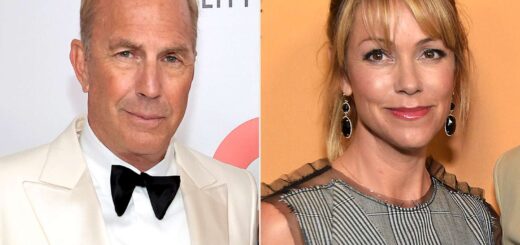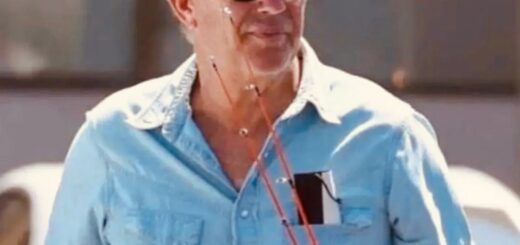Kevin Costner’s Long Pursuit: The Clint Eastwood Movie He Was Determined to Direct
It was only natural that Kevin Costner would often be compared to Clint Eastwood during his early rise in Hollywood. Both actors and filmmakers shared enough similarities to make the comparison inevitable, especially with Costner frequently seen as the successor to Eastwood’s legacy.
One major commonality was their love for westerns. Costner grew up immersed in classic genre films from some of the most renowned directors, developing a deep passion for stories set against the vast landscapes of the Old West—a passion that heavily influenced his career, for better or worse.
In the 1960s, Eastwood earned the reputation as John Wayne’s successor after the success of the Dollars trilogy, which cemented him as the new western icon. Similarly, Costner found himself in a comparable role following his breakout performance in the 1985 western Silverado, a role that paved the way for his monumental success with Dances with Wolves years later.
In fact, it was Dances with Wolves where Costner arguably surpassed Eastwood. Although Eastwood had directed more films by then, Costner’s achievement in directing, producing, and starring in a western that won multiple Academy Awards—including Best Picture and Best Director—and became the highest-grossing western ever, was unmatched.
Despite this triumph, Costner never quite reached those heights again in either acting or directing, even as he repeatedly returned to western roles in movies like Wyatt Earp, Open Range, and The Postman. He even worked alongside Eastwood, albeit contentiously, in 1993’s A Perfect World, where they shared lead roles.
However, the Clint Eastwood project that eluded Costner was Unforgiven. Costner revealed to Howard Stern that he spent nearly a decade trying to secure the rights to the screenplay by David Webb Peoples, originally titled Whore’s Gold. “For eight years I chased it,” Costner admitted. He saw the film as a perfect companion piece to Dances with Wolves. The script eventually landed with Eastwood after Francis Ford Coppola passed on it, and Eastwood held onto the story until he was ready to portray William Munny—a decision that paid off spectacularly, given the film’s critical acclaim, commercial success, and awards haul.
Meanwhile, Costner’s efforts to regain the rights repeatedly hit dead ends. Unforgiven remains a towering achievement in Eastwood’s career as both actor and director, but it’s fascinating to imagine how different the film might have been had Costner taken the helm, bringing his own touch to the story by directing, producing, and playing the vengeful lead.


